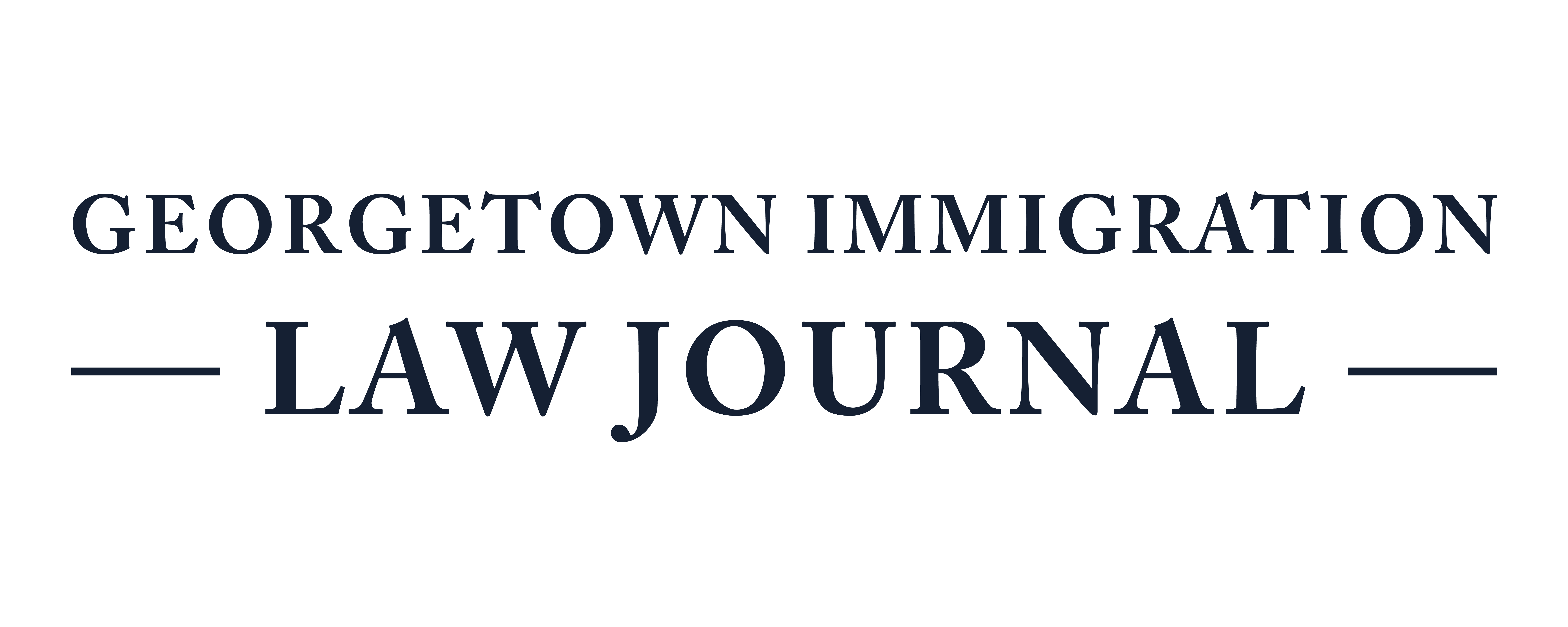Legal Black Holes at the U.S.-Mexico Border: An Evaluation of Cross-Border Harms and the Shortcomings of International and Domestic Law in Providing Remedies
At the U.S.-Mexico border, globalization and border militarization have increased the number of cross-border harms, harms originating in one country and impacting individuals in another. Despite these rising collisions, domestic and international legal remedies have failed to resolve these harms. International law privileges state actors and grants states tremendous latitude to decide domestic matters. When adjudicating cross-border harms at the U.S.-Mexico border, international tribunals merely recommend policy changes or highlight wrongdoing. Domestically, individuals within border zones are heavily policed by federal law enforcement, but like others in the country’s interior, they have few viable remedies to hold these officers accountable for constitutional violations. Non-citizens who increasingly face harm at the hands of federal actors abroad have virtually none. This Note evaluates the legal black holes that exist at the U.S.-Mexico border, evaluating cross-border harms and the shortcomings of international and domestic remedies in resolving them. With a particular focus on border patrol cross-border shootings, one of the most visible forms of cross-border harms, this Note evaluates civil and criminal remedies Congress could enact to eliminate some of the legal black holes that make accountability elusive on the U.S.-Mexico border.
GT-GILJ210007 Subscribe to GILJ
